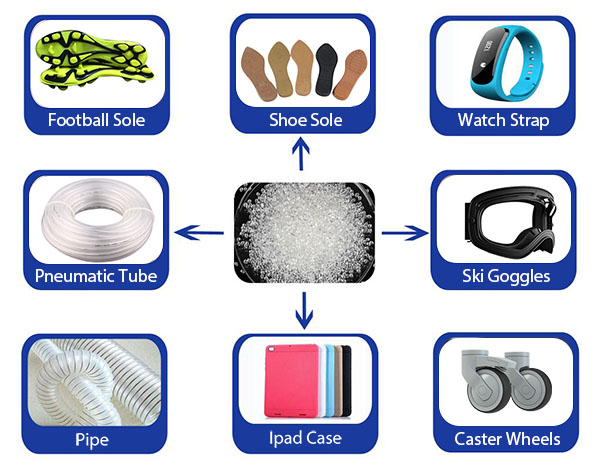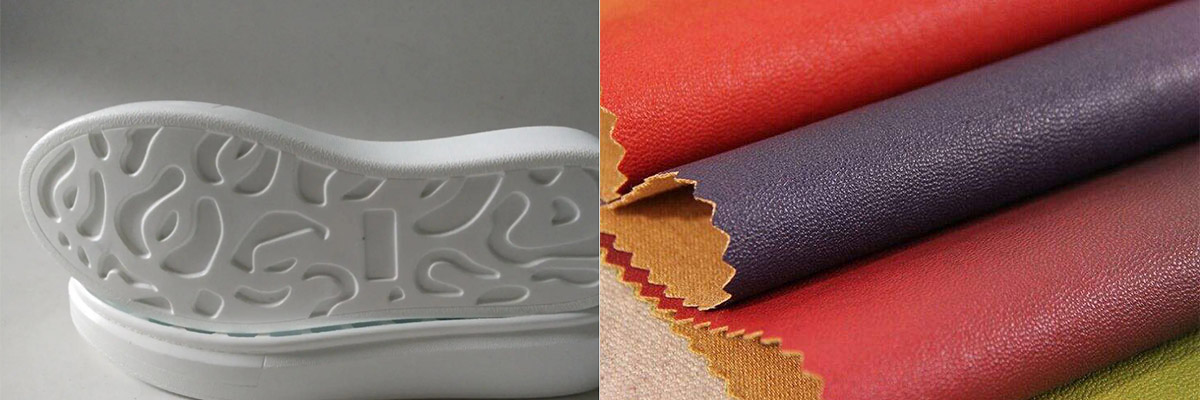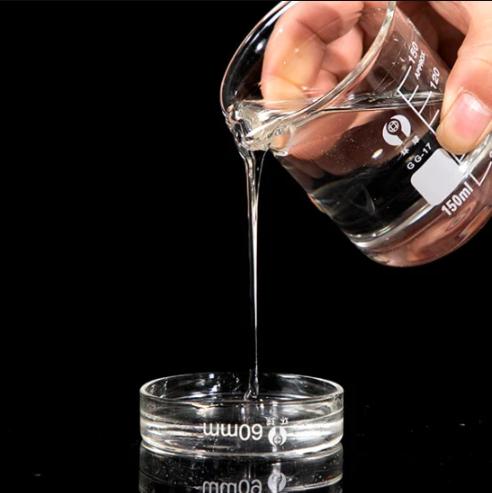TPU stands for thermoplastic polyurethane and is thermoplastic transparent granule which can be meltdown when heated. TPU is a block copolymer consisting of alternating sequences of hard and soft segments. The proportion of hard and soft segments can be manipulated to produce a wide range of hardness. Different ratio of hard to soft segments will result in different hardness TPU and can be as soft as rubber or as hard as rigid plastics. TPU is formed by the reaction and polymerization of Diisocyanate, macromolecular polyols and extender chains.
TPU is a non-toxic and odorless recyclable material whereas PU is can't be recycled simply by heating and the raw materials of PU are toxic.
TPU can be processed easily via conventional processing methods like injection molding, extrusion, blow and compression molding etc. They are easily molded into shapes to produce shoe sole, medical castor, air tube and several other applications as discussed above. It can also be compounded to create robust plastic moldings or processed using organic solvents. TPU is widely used to produce tube, castor, wire and cable, film and sheet, compounding, adhesives and specialty molded parts.

PU stands for polyurethane. PU is a type of polymer formed by the reaction toluene diisocyanate and methyl diphenyl diisocyanate. PU consist of urethane linkages(-R-NH-C(=O)-O-) which are don’t in the molecular structure of TPU. Most of the PU are thermosets that are known for temperature bearing abilities as they do not melt when heated, but there is some thermoplastic PU that can meltdown when heated like TPU as well.
Polyurethanes (PU) are very adaptable as they are used in the formation of solid goods as well as in foams and sponges too. They are widely used in the production of hard and soft foams as well as used in the formation of rubbery or elastomeric products.



|
TPU |
PU |
|
Thermoplastic Polyurethane |
Polyurethane |
|
Thermoplastic |
Most of PU are thermoset |
|
Contains hard and soft segments |
Contains urethane linkages |
|
Formed by the reaction and polymerization of Diisocyanate, macromolecular polyols and extender chains |
Formed by the reaction toluene diisocyanate and methyl diphenyl diisocyanate |
|
Transparent granule |
Liquid |
|
Recyclable |
Can't be recycled simply by heating |
|
Non-toxic |
Raw materials of PU are toxic |